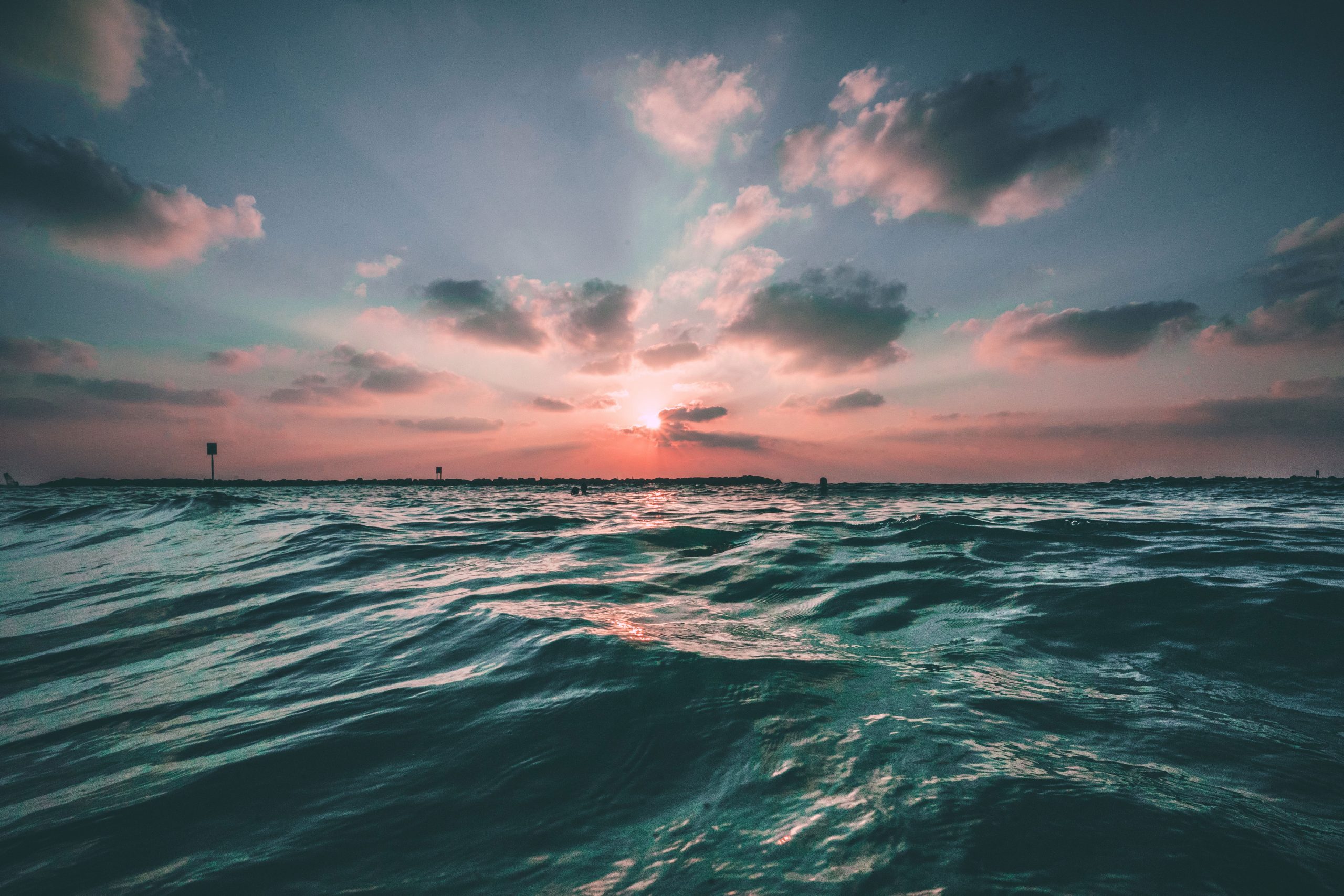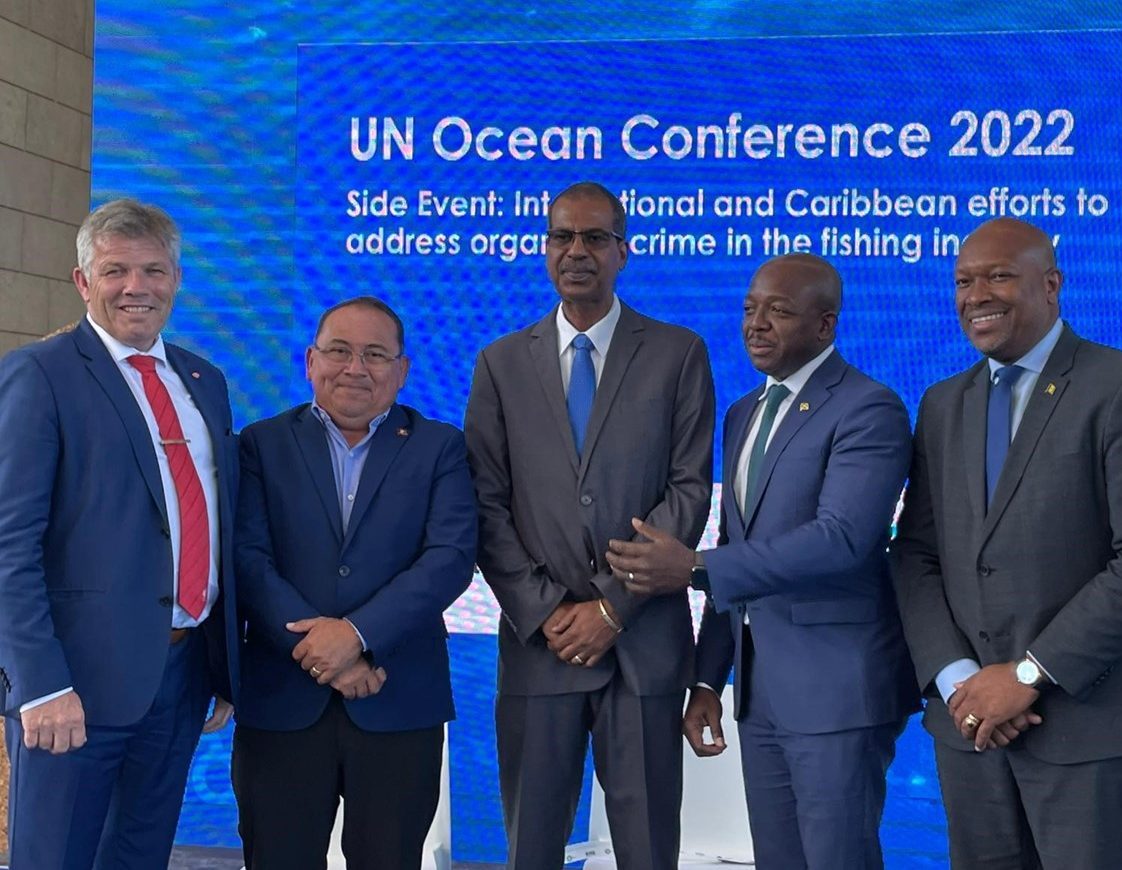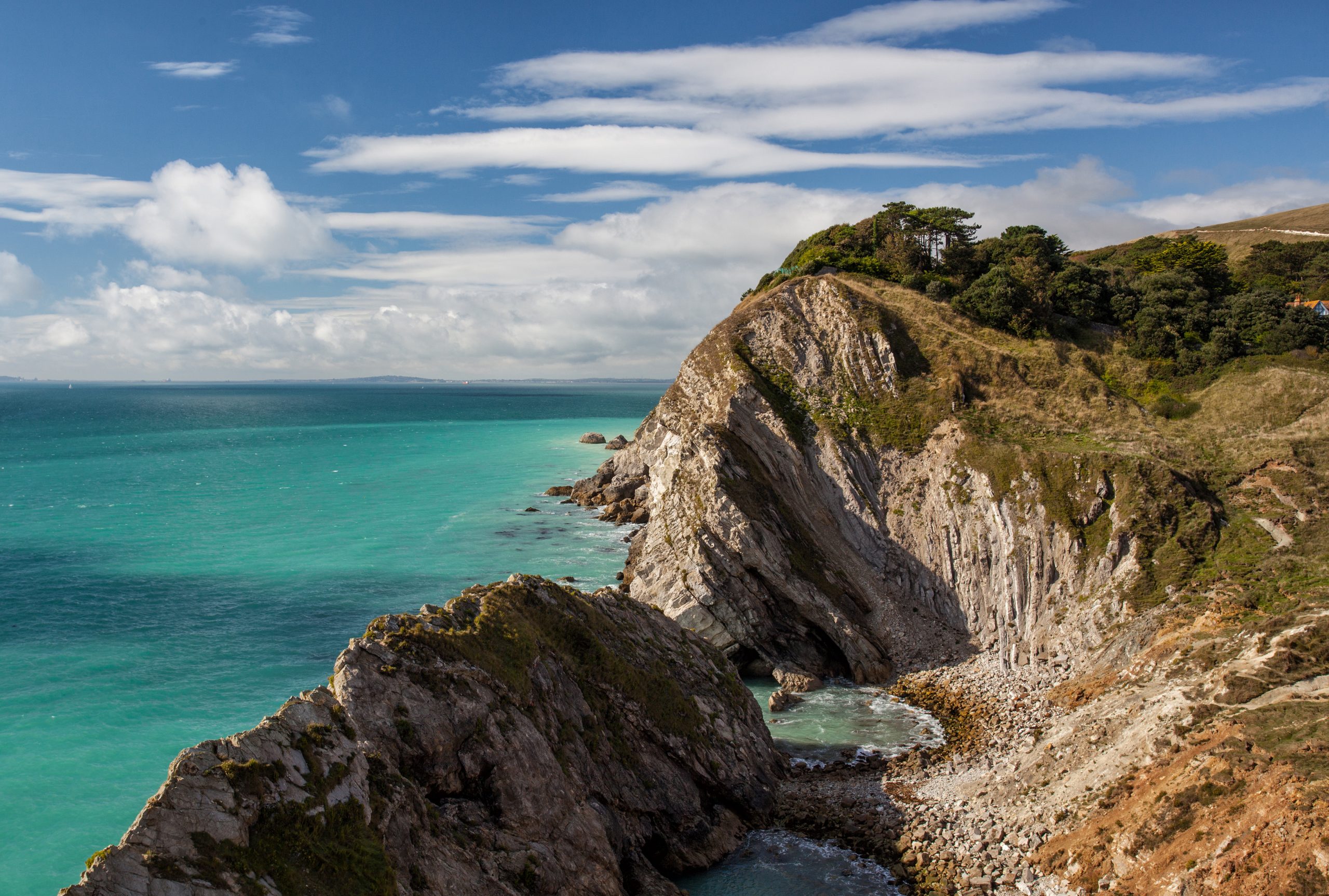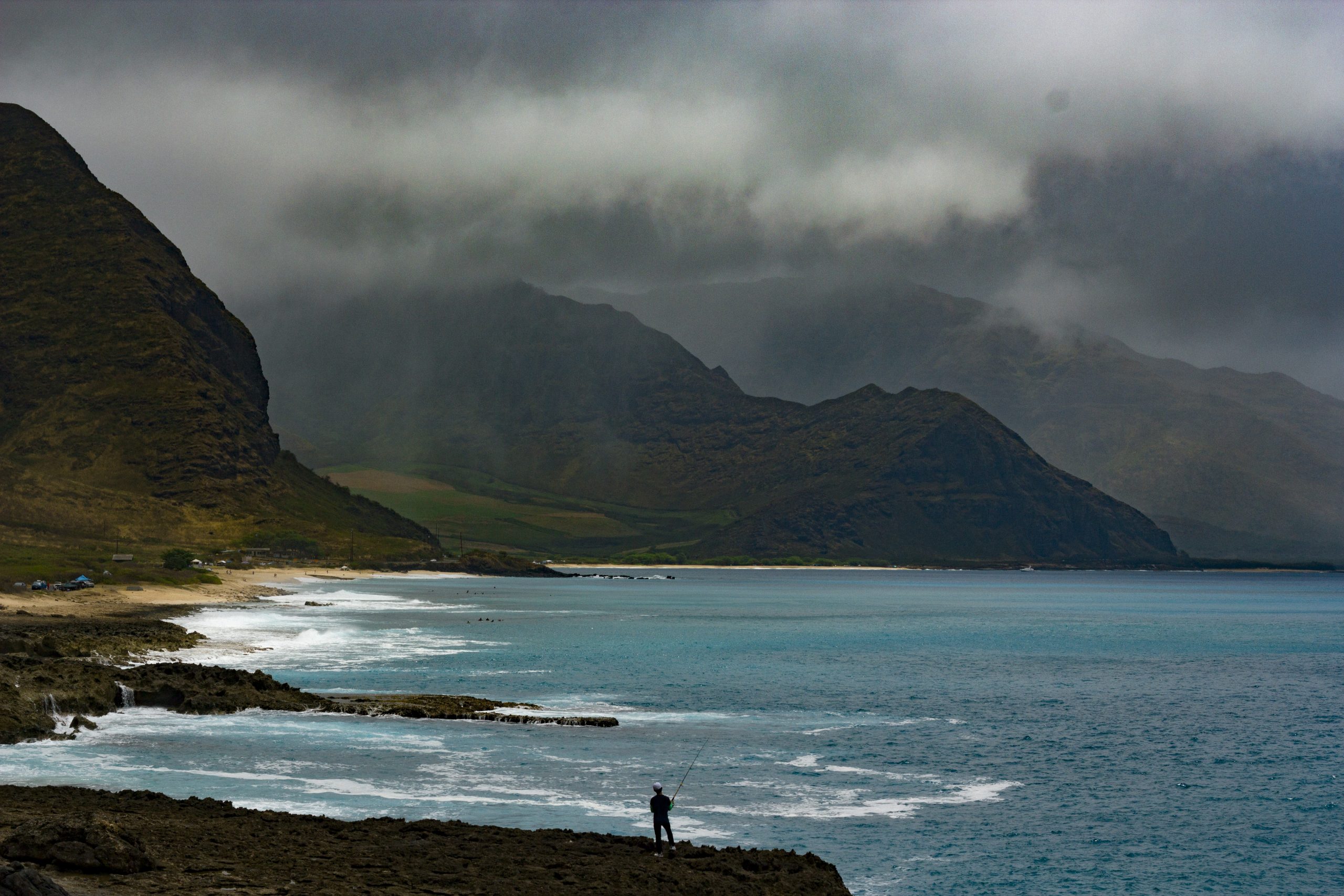The International Declaration on Transnational Organized Crime in the Global Fishing Industry and the Blue Justice Initiative
The fight against organised crime in the fishing sector addresses SDG 16. However, as SDG 16 is an enabling goal of, among others, SDG 14 on ‘Life below Water’, addressing organised crime in fisheries will impact states’ abilities to reach the targets set forth in SDG 14.
In 2018, the only global political instrument against organised crime in the fisheries sector—the International Declaration on Transnational Organized Crime in the Global Fishing Industry (‘Copenhagen Declaration’)—was adopted by Norway and seven other countries.
Norway is the depository of the declaration, and today it has the support of 50 governments, including the following member countries of the Ocean Panel: Chile, Fiji, Ghana, Indonesia, Jamaica, Mexico, Namibia, Norway and Palau.
Norway also announced the Blue Justice Initiative during the Our Ocean conference in Oslo in 2019. This initiative assists governments in addressing the challenges identified in the Copenhagen Declaration. The initiative is supported by the International Blue Justice Tracking Center located in Vardø, Norway, staffed by the Norwegian Fisheries Directorate and the Coastal Administration.
Norway has also partnered with UNDP, the United Nations Office on Drugs and Crime (UNODC), the International Labour Organization and the International Organization for Migration on other projects.
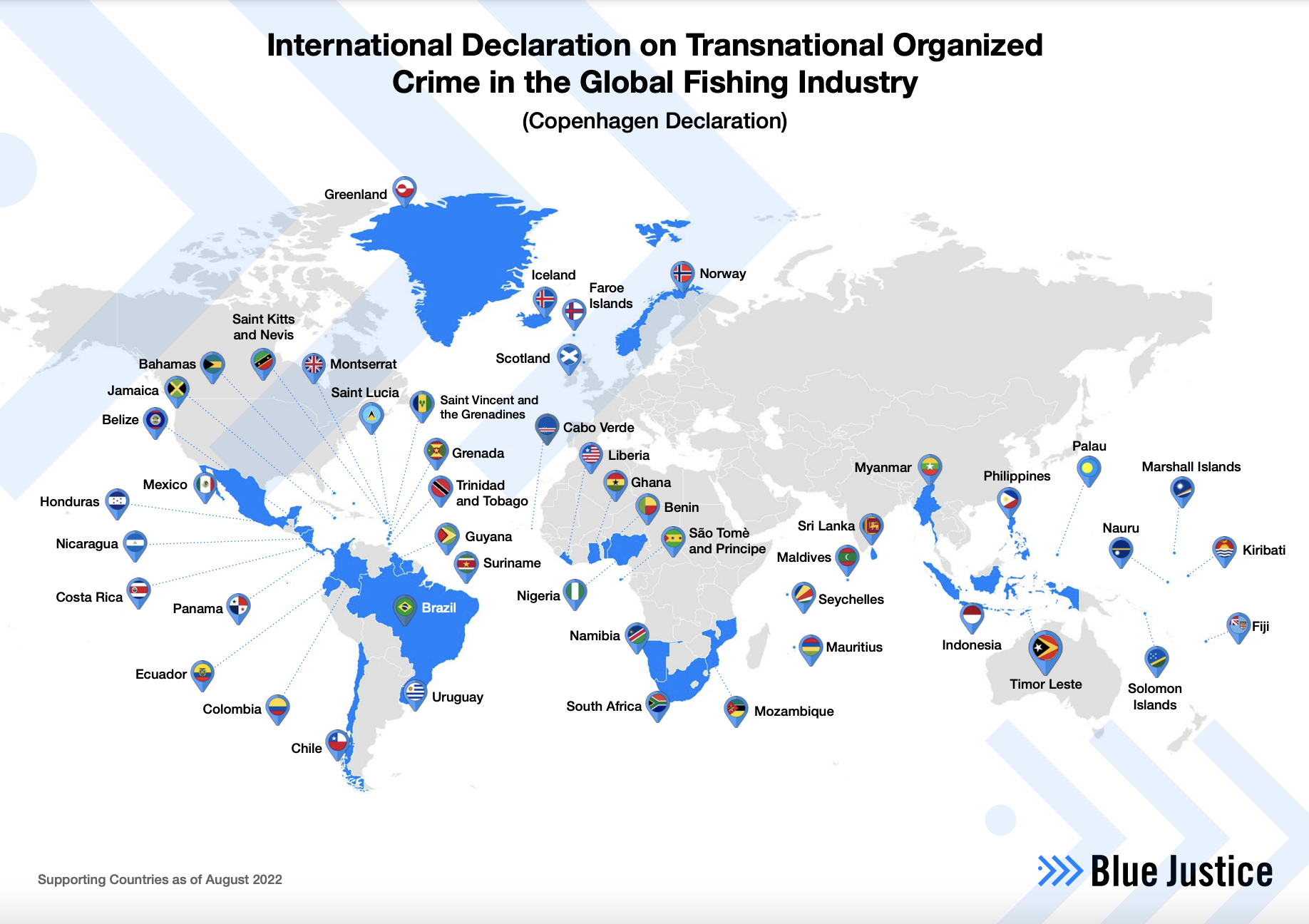
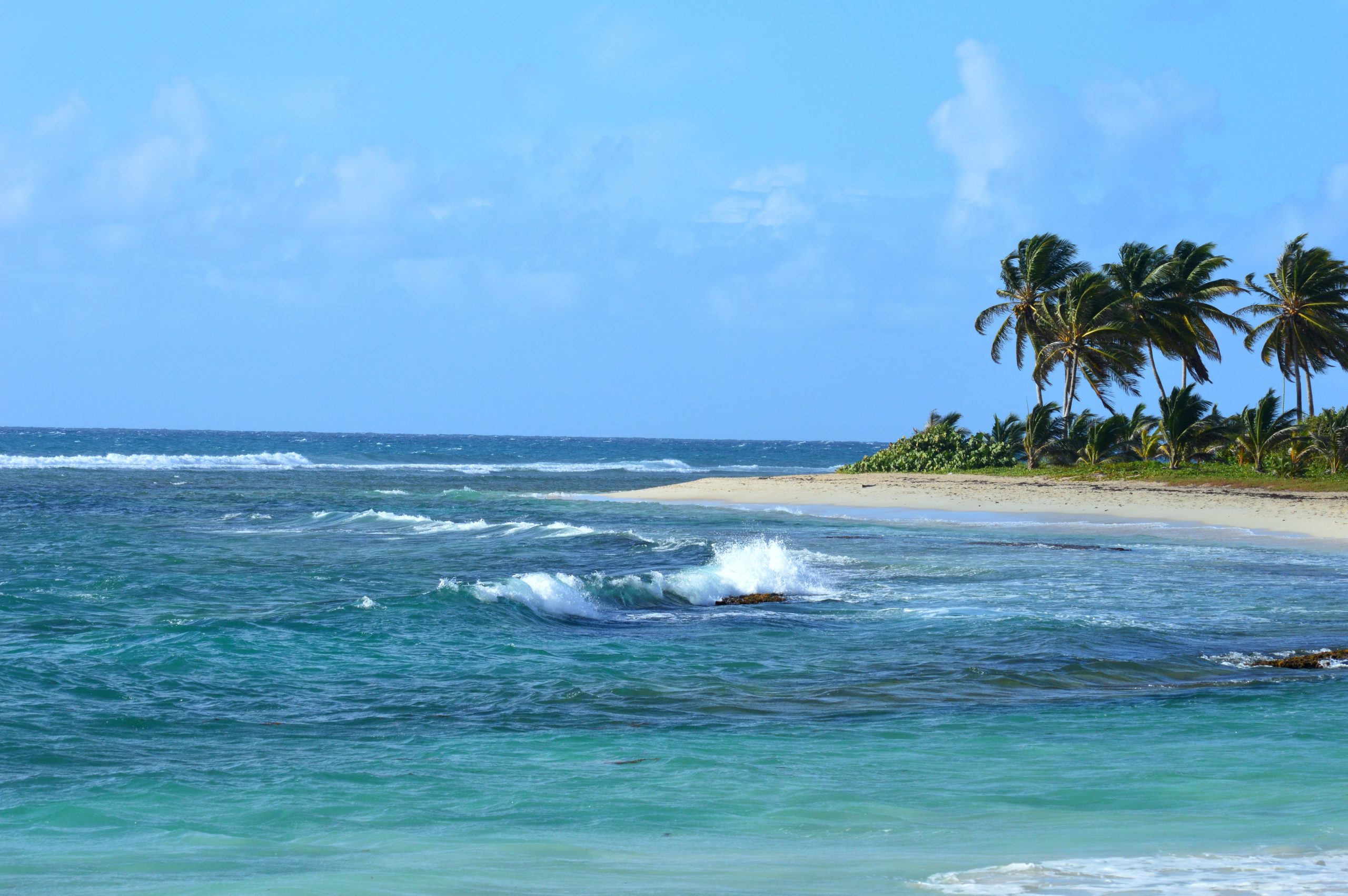
The International Declaration on Transnational Organised Crime in the Global Fishing Industry inspired the adoption of a regional minister resolution on 21 May 2021 by the Ministerial Council of the Caribbean Regional Fisheries Mechanism.
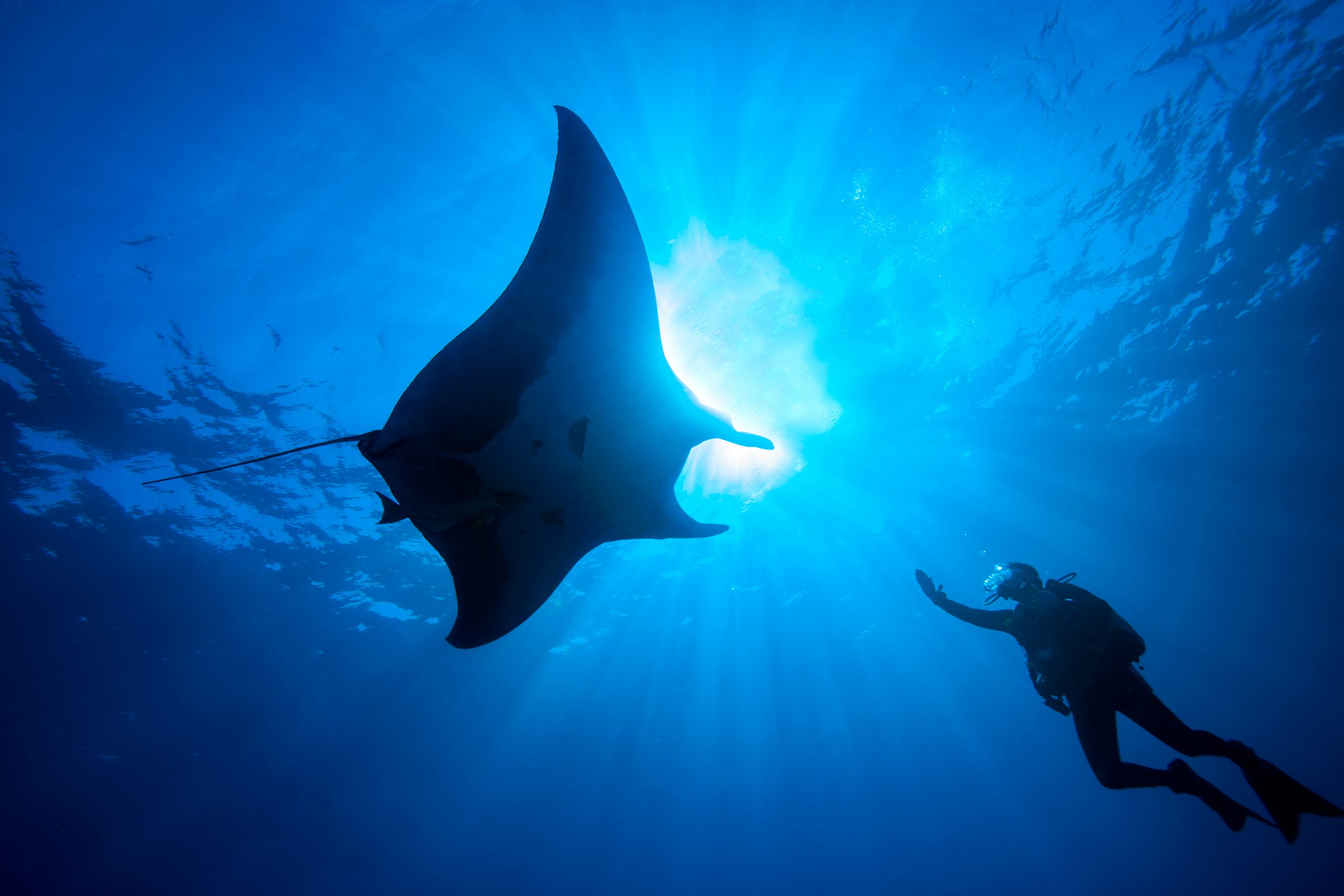
In 2021, Sri Lanka customs in cooperation with UNODC uncovered illegal trade of 300 kilograms (kg) of dried shark fins and 250 kg of dried manta ray gills.
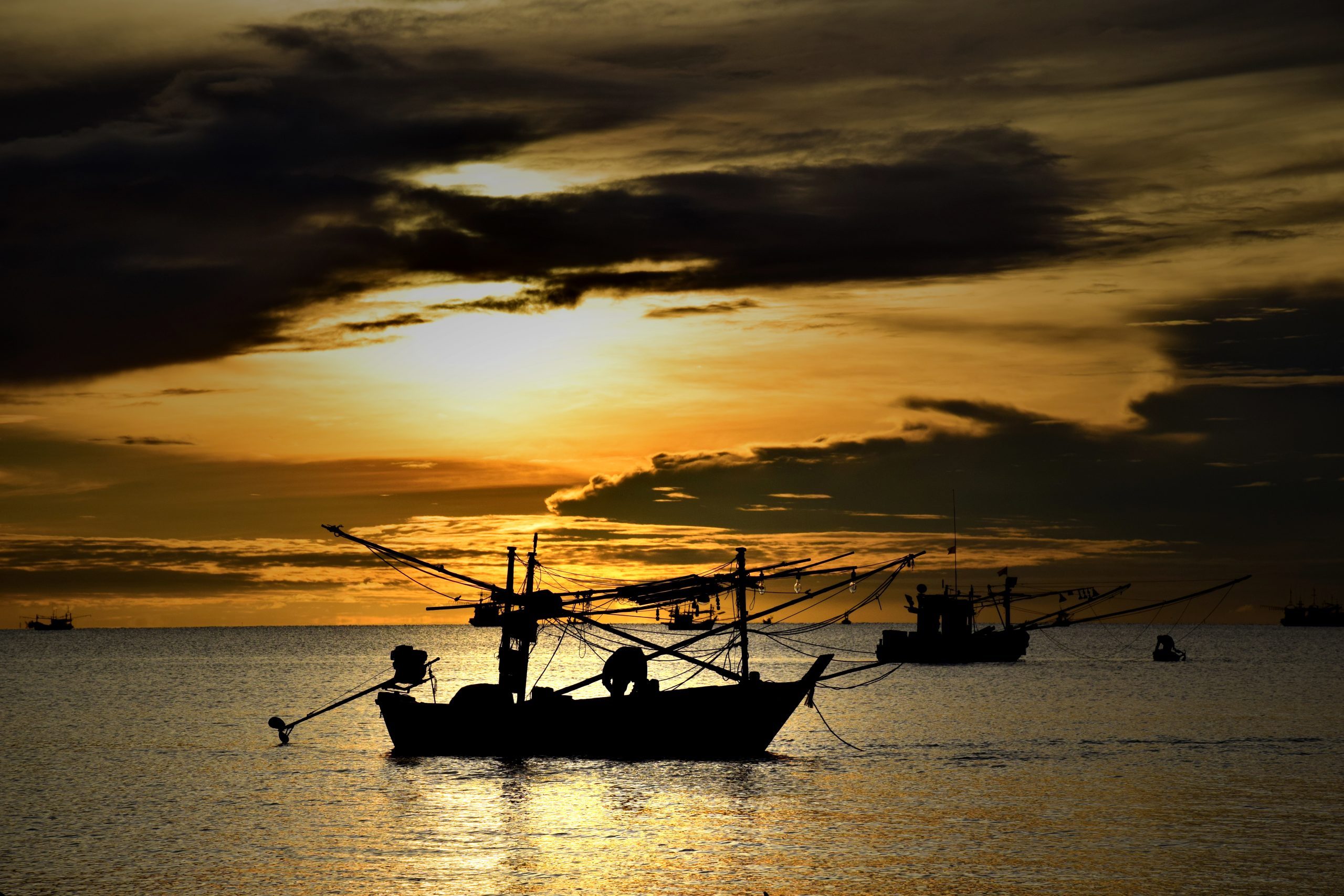
Norway gave the following commitment prior the UN Ocean Conference 2022: “Norway will continue to raise awareness by seeking support to the International Declaration on Transnational Organized Crime in the Global Fishing Industry (Copenhagen Declaration) and address these challenges through the Blue Justice Initiative.”
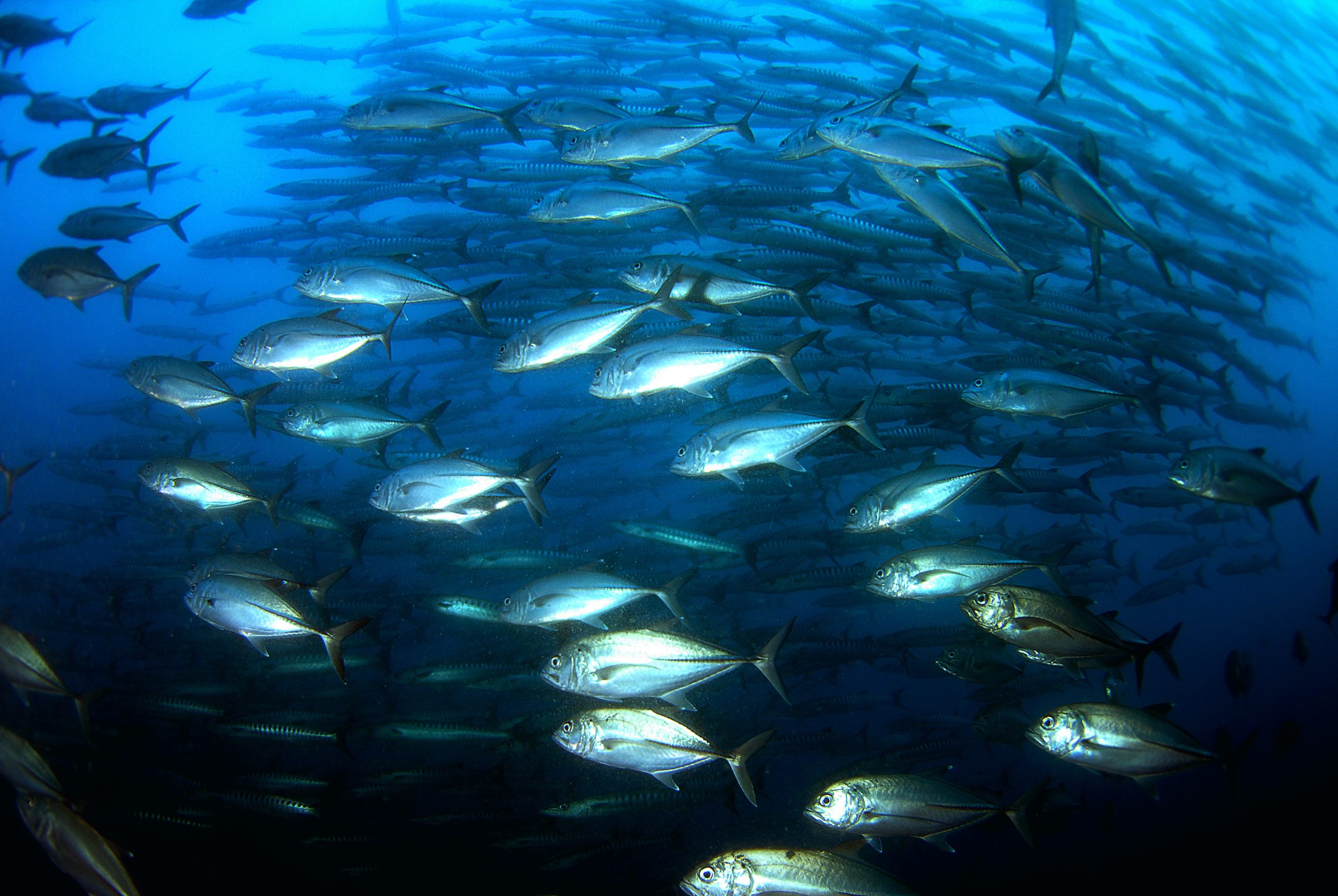
Norway, Jamaica, Belize, Saint Vincent and the Grenadines, the Caribbean Community (CARICOM), the Caribbean Regional Fisheries Mechanism and UNDP arranged a high-level side event on international and regional measures to address fisheries crime during the UN Ocean Conference in Lisbon in June 2022.
Challenges
Capacity building on this issue is a complex process often complicated by an array of involved institutions in the respective countries.
Seeking a joint and coordinated effort against organised crime in the fisheries sector is a challenge that the Blue Justice Initiative directly addresses.
Recipe for Successful Implementation
The Blue Paper ‘Organised Crime in the Fisheries Sector‘ identified some ‘opportunities for action’ based on a two-stage approach for governments to take against organised crime in the fisheries sector (Witbooi et al. 2020).
The first stage is to build political action by developing a common understanding of transnational organised crime in the fisheries sector globally and build political will to address the challenge cooperatively. In the Caribbean, this was done with the adoption of the International Declaration on Transnational Organized Crime in the Global Fishing Industry, collectively by 12 states in the region. The second stage is to develop practical tools to strengthen law enforcement capacity.
The Blue Justice Initiative helps governments address the challenges identified in the Copenhagen Declaration. There are projects on digitalisation, vessel tracking, law enforcement capacity building and developing interagency and regional cooperation.
Learn More
